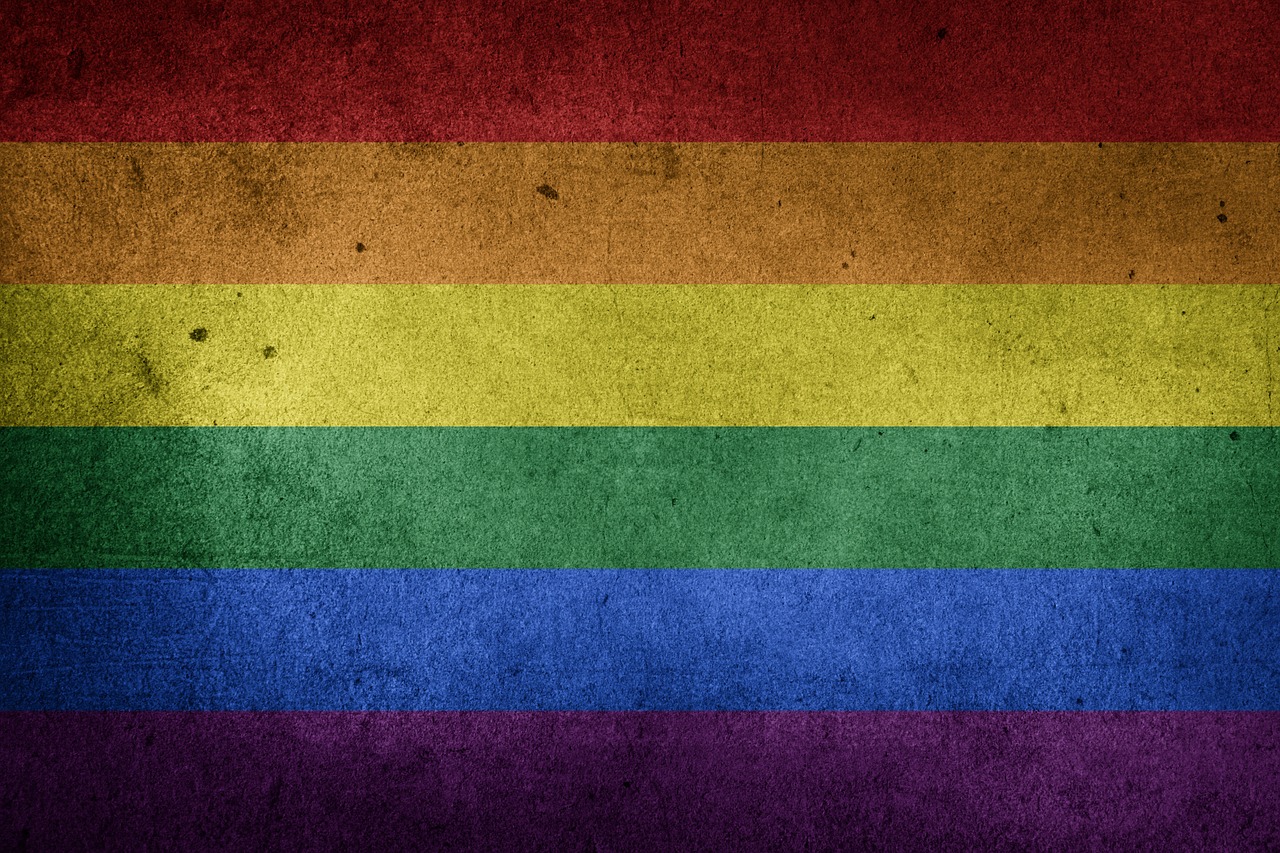By Andrew Maina
Hopes were dashed
On 22 February 2019 I was filled with so much enthusiasm on my way to court. My hopes were dashed when the ruling date got postponed to 24 May 2019. Two months later I ensured that I was in court to be part of history when we finally upheld chapter four of our constitution. This time round the air was filled with hope that we will finally have a ruling. No one was ready for another postponement. We all scrambled with the plethora of local and international journalists to get access to the courtroom, it felt like walking into a crowded stadium during a final match.
As our Muslim brothers and sisters celebrated Eid ul Fitr a day ago, I finally got the courage to read the distressing consolidated judgement delivered by the three-judge bench – Lady Justice Roselyne Aburili, Justice Chacha Mwita and Justice John M. Mativo for Petitions 150 & 234 filed in 2016 by National Gay and Lesbian Human Rights Commission (NGLHRC,Gay and Lesbian Coalition of Kenya (GALCK) and Nyanza Western and Rift Valley Network (NYARWEK).
Ruling validates discrimination against LGBTI persons
It is quite bewildering to read the judges’ interpretation of article 27 on the Right to equality and Freedom from discrimination as the High Court validated historic discrimination against Lesbians, Gays, Bisexual, Transgender and gender non- conforming (LGBT) Kenyans when it concluded that:
Discrimination, in the sense of unequal treatment or protection by the law in the absence of a legitimate reason is a most reprehensible phenomenon. But where there is a legitimate reason, then, the conduct or the law complained of cannot amount to discrimination.
In this case justifying discrimination in the event of a legitimate reason, meant that the rights of a minority group are limited in the event where the majority has a legitimate justifiable reason. In an effort to contradict itself the court stated that:“The principle of equality attempts to make sure that no member of society is made to feel that they are not deserving of equal concern, respect and consideration, and that the law or conduct complained of is likely to be used against them more harshly than others who belong to other groups.”
Safe haven through the constitution?
Is it safe to state that the constitution only prohibits unfair discrimination? And that in some instances it is actually fair to discriminate? What does fair discrimination look like and feel? Should it be allowed to exist, procreate and thrive? In my view this is same as saying that: underrepresented groups like women, differently abled persons and LGBT persons should seat gracefully in the face of discrimination in unique instances where it is actually ‘valid’ to discriminate against them. This argument simply makes it allowable not to recruit women just because they will get pregnant and go on maternity leave, that we should not have disability friendly buildings just because it is costly and that gay people should be denied health services due to their ‘perceived’ immorality.
The law should be a reflection of our society. A country like Kenya with a perceived progressive constitution should take lead in protecting the sovereignty of its citizens. Before colonization and missionaries arrived on the scene to control us through the gospel, law, culture and choice of dressing; the so-called ‘Homo gays’ actually existed in Africa. They were not celebrated or banished but left to coexist as part of society and in some instances actually revered of having the power to evoke and express both genders. This affirms the fact that homosexuality is not a western import but homophobia is. We were taught to hate homosexuals and fear their existence as a threat to ours. Sadly, the same colonialists who gave us these laws repealed them in their countries and worked tirelessly to ensure their societies are inclusive to diversity.
On the other hand, we hold dear to our hearts their outdated judgement of morality and the law as if we were the original curators of these guiding principles that do not in any way reflect our pre-colonial values as Africans. We existed without written laws yet we lived together with each other with the appreciation of our diversity -where being different was good and part of our identity- and everyone was free to be themselves and to live up to their full potential. 24 May 2019 was a sad day for Kenya as the courts had the opportunity to uphold human rights for all as espoused in the constitution. Instead, they chose to validate, justify and legitimize discrimination. We can only sit back and wait for 11 June 2019 as the Botswana High Court, gives a ruling to the petition challenging the constitutionality of sections 164(a), 164(c) and 167 of the Botswana Penal Code. These provisions similar to ours criminalize same-sex sexual conduct between consenting adults in Botswana and imposes a maximum sentence of seven years’ imprisonment.
About author
Andrew is the new City Program Coordinator of Hivos East Africa’s Bold and Inclusion project. He supports the creation of synergies between LGBTI persons supported by the project in Kenya.




